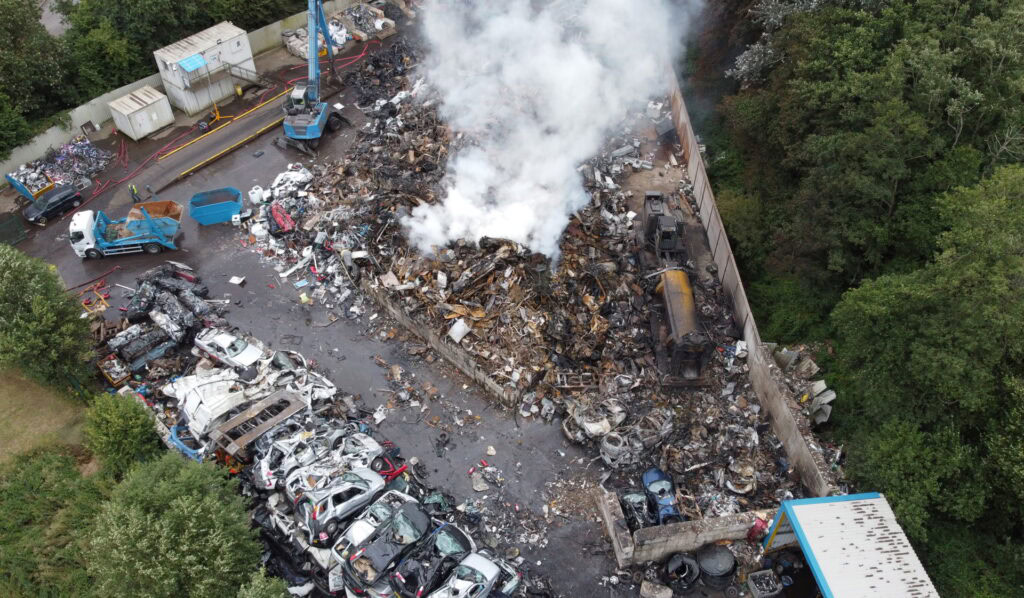The UK was supposed to set the European End of Life Vehicles Directive into domestic law by 21 April 2002, and the government has come under fire for failing to do so. The European Union is currently considering whether to take the UK to the Court of Justice over the matter (see letsrecycle.com story).
The decision has already been taken that until 2007 the last owners of ELVs will pay for disposal and recovery of their vehicles. After this date costs will be met on some form of producer responsibility system.
The consultation, expected at the end of January or early February 2003, will look at the best systems for both time periods – until 2007 and after 2007 – with the DTI looking for views from any interested parties. Sources within Whitehall expect to see some kind of resolution by the summer of 2003, and any system implemented by the government is likely to leave some flexibility for the motor manufacturers to choose their exact method of compliance.
Discussions
The consultation will be based to a large extent on discussions that have been carried out at meetings of the DTI's ELV working group. The group is made up of representations of both the motor industry and the recycling industry, including the Society of Motor Manufacturers and Traders and the British Metals Recycling Association.
Motor manufacturers are still said to be keen on providing their own network of accredited ELV treatment facilities. They have rejected the “producer choice” option suggested by the government last year (see letsrecycle.com story).
However, metal recyclers are unhappy with motor manufacturers arranging the contracts for handling the ELVs. Recyclers are worried that they might put large investments into their facilities to reach tighter standards on ELV recovery, and would not necessarily be guaranteed a contract with a motor manufacturer from 2007.
Their preferred idea is for a system of 'vehicle recovery notes' similar, but not as complex, as the system that has been in place in the packaging waste industry since 1995. Recyclers feel that this system would spread ELV recovery through the industry and would have the added bonus of facilitating the presentation of compliance data to the government.
It is understood that as far as the DTI is concerned, the possibility of vehicle recovery notes is still “on the table”, but the government has been cautious so far when it comes to any system seen as unpopular by the motor manufacturers.
Last owner
Metal recyclers are also unhappy about the 'last owner pays' plan leading up to 2007. The DTI has said that costs for disposal will be around 40 per vehicle, but the scrap industry believes the figure is much nearer 100. Fears are that last owners will refuse to pay these costs, but the Treasury has rejected adding these costs to either road tax or the price of new cars.
A report from the not-for-profit think-tank the Institute for European Environmental Policy, published today, will add to fears of a “fridge mountain”-style crisis when ELV regulations come into force. The report states that around 250,000 more vehicles will be abandoned each year in the UK, and says the annual figure could even reach 600,000.
“We will have to charge the last owners and they simply won't be able to pay the cost,” said John Hesketh, president of the Motor Vehicle Dismantlers' Association. “Many scrap merchants are likely to shut up shop. There is no market for the metal and no one is prepared to pay for it. I just cannot see how we are going to deal with the mountain of cars.”
The IEEP report recommends an increase in the vehicle excise duty by around 5 per car. However, metal recyclers would prefer to see costs placed onto the “front end”.
Click here to read the IEEP report 'The Implications of UK Implementation of the End-of-Life Vehicles Directive'.








Subscribe for free